Search
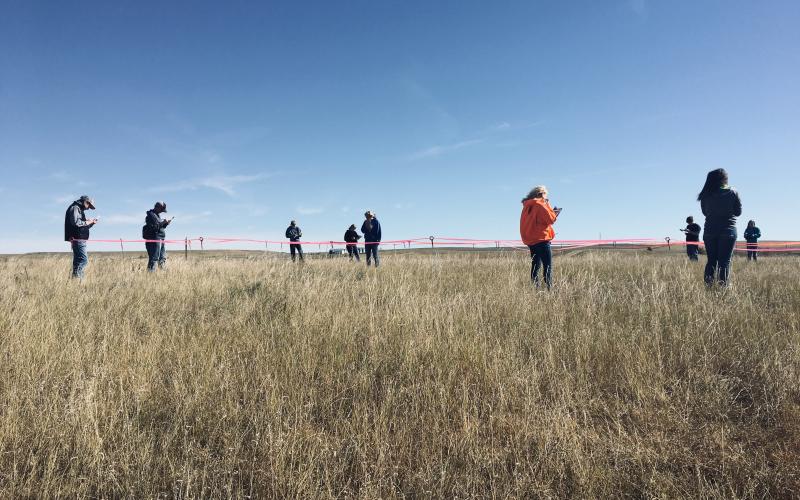
Rangeland and Soils Days set for June 2 in Murdo, Redfield
May 06, 2021
The event will focus solely on the Go-Getter (14-to-18-year-old) division. The Go-Getters will judge habitat suitability for cattle and grouse, in addition to plant identification and morphology.

Wheat Streak Mosaic Developing in Winter Wheat Fields
A few winter wheat fields in central South Dakota have been found with wheat streak mosaic disease. Incidence of this disease varied from a few plants to large portions of the field with yellowing leaves.
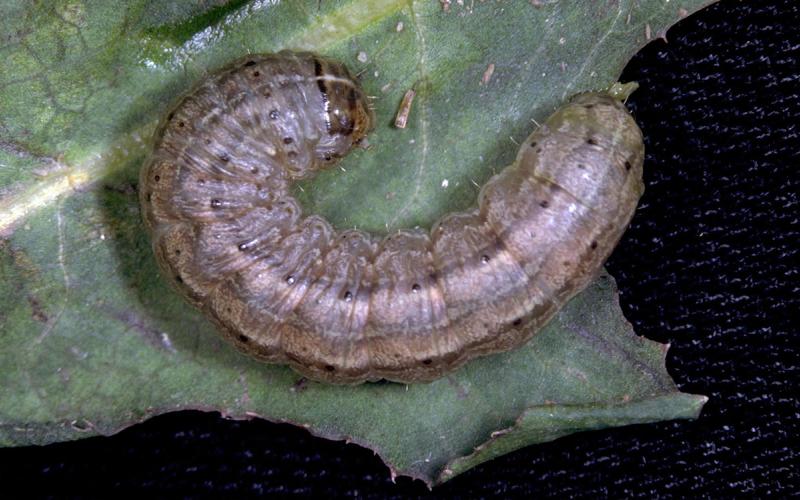
It’s Time to Scout Alfalfa for Cutworms
One of the earliest insect pests that can be found in South Dakota’s alfalfa fields are army cutworms. Injury from cutworms can sometimes be overlooked until large patches of an alfalfa field have been “cut.”
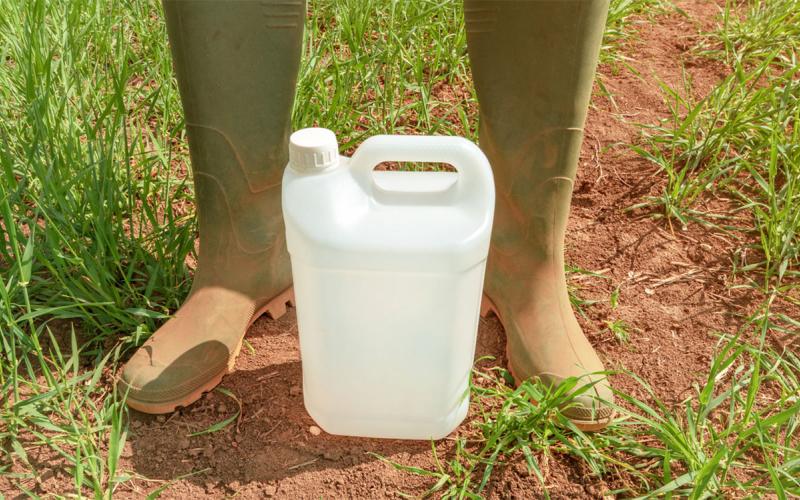
A Ban or New Rules for Chlorpyifos May Be Coming Soon
Recently, a federal appeals court gave the U.S. Environmental Protection Agency a 60-day deadline to either ban insecticides containing chlorpyrifos or set new guidelines for its use.
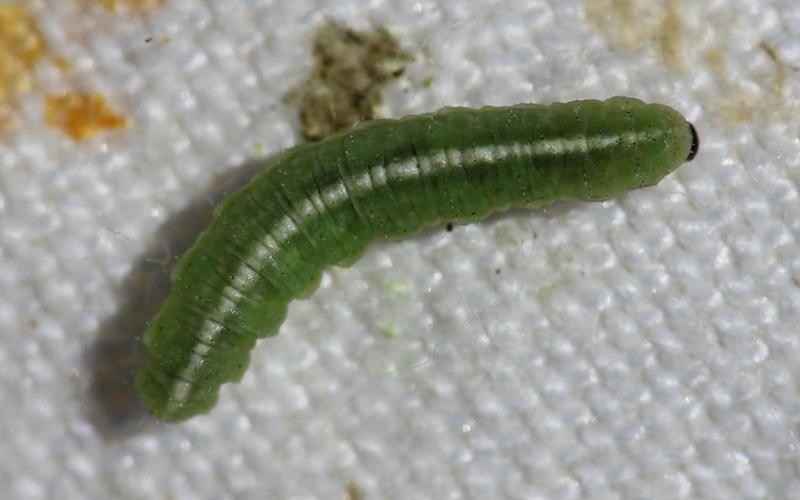
Alfalfa Weevil Activity Prediction Update: May 6, 2021
The cooler temperatures the last few days probably slowed down alfalfa weevils again, but everyone should be scouting fields due to the possibility of alfalfa weevil activity.
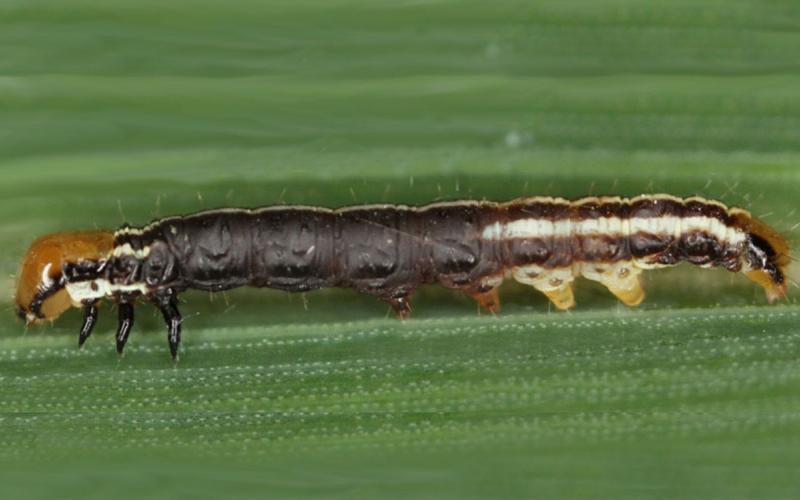
Common Stalk Borer Activity Estimate: May 6, 2021
We are beginning to accumulate degree days a little faster for common stalk borers. Eggs will be hatching through much of the state, and we will continue to monitor activity as the season progresses.
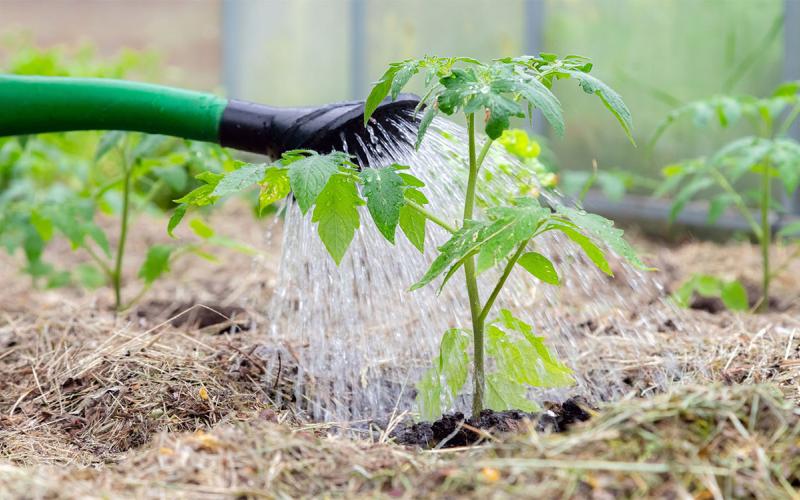
Weed Control in No-Till Gardens
Mulch is the key to successful weed control in no-till gardening. It is best to start a no-till garden in the fall to give applied mulch the time to breakdown and suppress any weed growth.
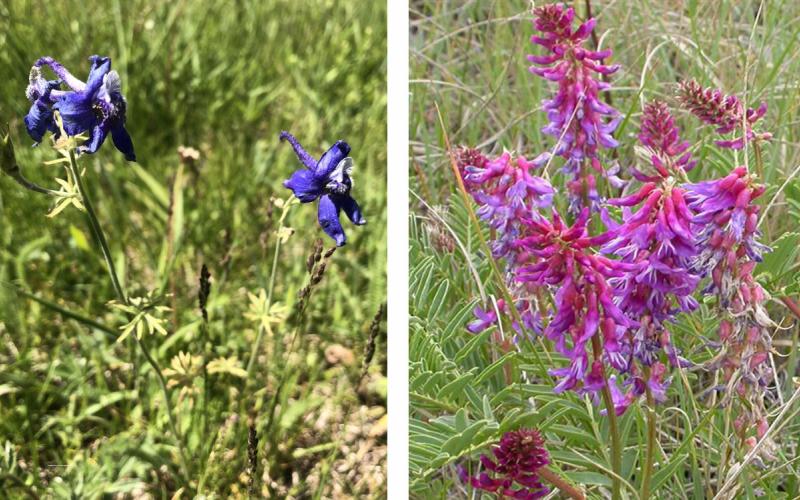
Poisonous Plants on Rangelands: Larkspur and Poisonvetch
Larkspurs are the second leading cause for all livestock deaths from toxic plant poisoning. Poisonvetches are considered accumulator plants that uptake excessive levels of selenium and cause toxicity problems in cattle.
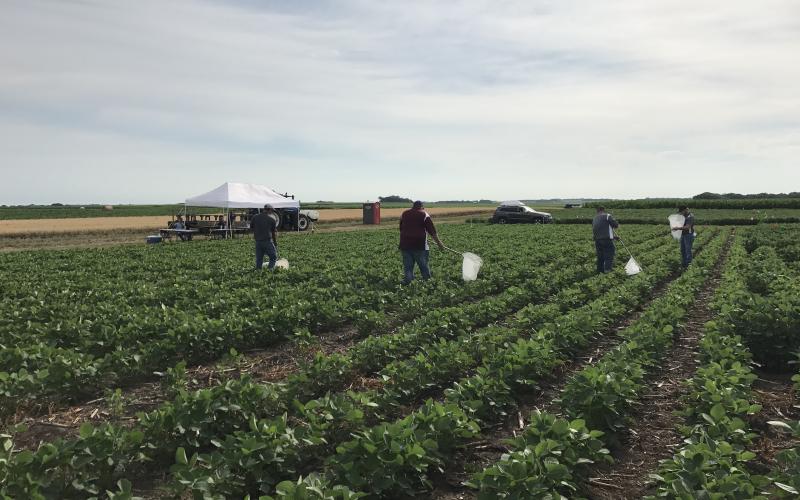
SDSU Extension to Offer Integrated Pest Management Field School Online
July 30, 2021
South Dakota State University Extension will kick off its 13th annual Integrated Pest Management (IPM) Field School Aug. 1.
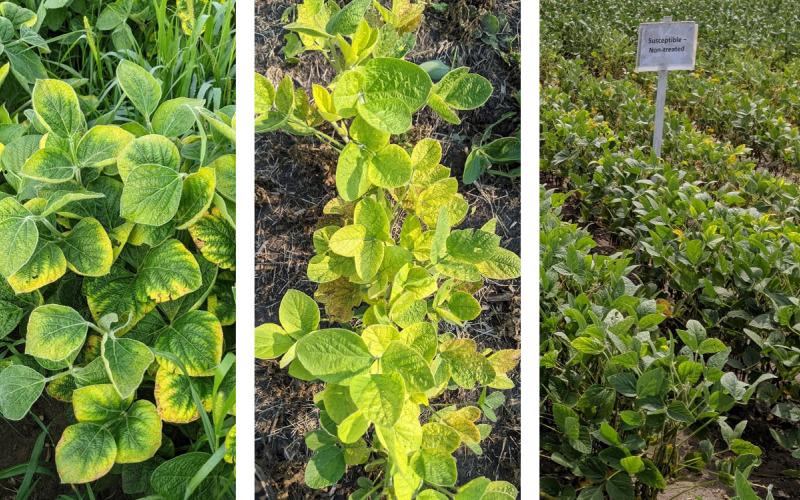
What Is Causing Soybeans to Yellow at This Time?
Recently scouted soybean fields were observed with yellowing plants, and one field was found to have plants dying prematurely. Learn some of the factors that may cause soybean plants to yellow at this time in the growing season.